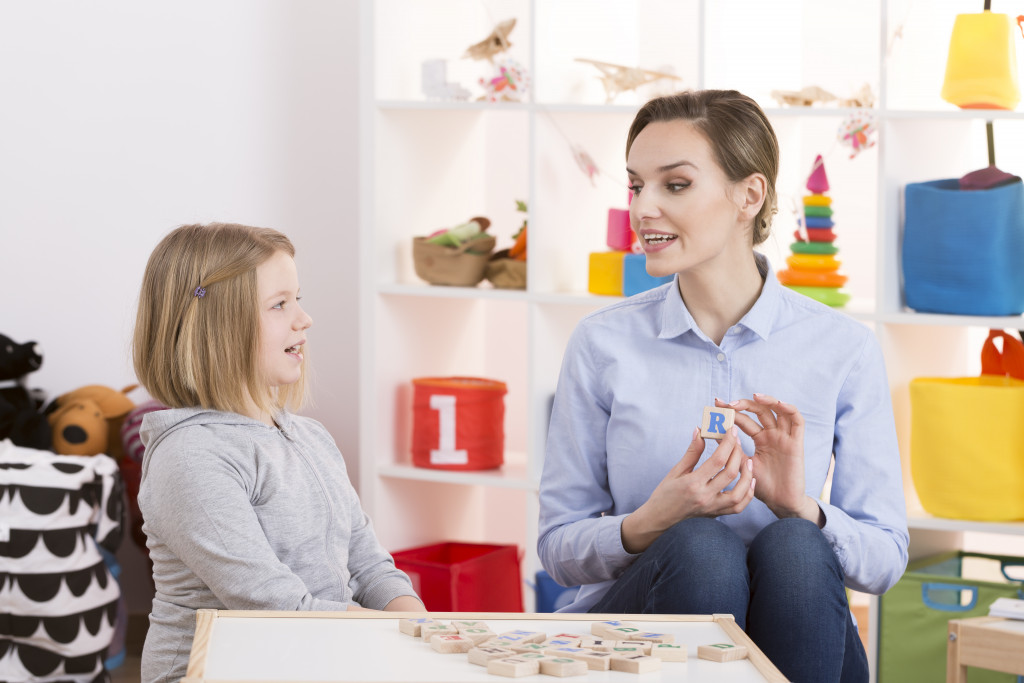Most parents want what’s best for their children and work hard to give them the best possible lives. Unfortunately, some children have developmental or learning delays which can hinder their ability to succeed in school and life. There are many things parents can do to help address these delays and ensure their child has every opportunity to thrive. Here are some tips for helping children with developmental or learning delays.
1. Get your child evaluated by a professional.
This is the first and most important step in helping them address their delays. Find a child psychologist who is experienced in this field. After your child has been evaluated, you will likely be given a treatment plan with specific goals to work on. Make sure you follow these recommendations closely to help your child progress.
2. Seek out therapy.
There are many types of therapy that can be helpful for children with developmental or learning delays. Talk to your doctor about what type of therapy would be best for your child.
3. Read books about developmental and learning delays.
Books can be a great way to learn more about developmental and learning delays. They can also provide you with valuable information and resources.
4. Talk to other families dealing with developmental and learning delays.
Support groups can be a great way to meet other families dealing with similar issues. They can also provide you with valuable information and resources.

5. Advocate for your child.
It’s important to advocate for your child and their needs. This may include working with the school system, meeting with legislators, or joining advocacy groups.
6. Make sure your child gets enough sleep.
Most children need around 10-12 hours of sleep per day. Sleeping helps the brain recharge and process information learned during the day.
7. Make sure your child eats a healthy diet.
A balanced diet is essential for good health, including mental health. Children with developmental or learning delays may benefit from supplements and/or a special diet prescribed by a doctor.
8. Help your child stay organized.
Children with developmental or learning delays often have trouble staying organized and keeping track of tasks. Help them develop systems for organizing their time and belongings.
9. Help your child develop cognitive skills.
Children with developmental or learning delays often have difficulty with cognitive skills and memory. Help them improve these skills through activities like puzzles and games.
10. Help your child learn to read and write.
Children with developmental or learning delays often have difficulty learning to read and write. Help them by providing them with plenty of practice and opportunities to learn in a fun, relaxed environment.
11. Help your child practice problem-solving skills.
Children with developmental or learning delays often have trouble solving problems. Help them practice by providing them with simple, age-appropriate tasks to complete.
12. Help your child develop social skills.
Many children with developmental or learning delays struggle with social skills like communication and interacting with others. They often feel isolated and shy around other children. Try to encourage your child to be social and participate in activities with friends. Help them develop these skills through activities like play dates and group therapies.
13. Help your child develop fine motor skills.
Many children with developmental or learning delays have difficulty with fine motor skills like writing and drawing. Help them practice these skills through fun activities like coloring, puzzles, and play dough.
14. Help your child develop gross motor skills.
Many children with developmental or learning delays also have difficulty with gross motor skills like running and jumping. Encourage your child to engage in physical activities that improve these skills.
15. Help your child develop sensory processing skills.
Children with developmental or learning delays often have difficulty processing sensory information like touch, sound, and sight. Help them by providing them with opportunities to experience different sensations in a safe environment.
16. Use visual aids.
Visual aids can be helpful for children with developmental or learning delays. Use things like flashcards, charts, and diagrams to help your child understand concepts.
17. Use auditory aids.
Auditory aids can also be helpful for children with developmental or learning delays. Use things like music, stories, and rhymes to help your child learn and remember information.
18. Use tactile aids.
Tactile aids are another type of aid that can be helpful for children with developmental or learning delays. Use things like textures, shapes, and objects to help your child learn about and remember information.
19. Encourage your child to use technology.
Many children with developmental or learning delays benefit from using technology. Look for apps and software that can help your child with specific skills they are working on.
20. Use positive reinforcement.
When your child accomplishes a goal, reward them with praise and positive reinforcement. This will encourage them to keep working hard and improve their skills.
21. Be patient.
Developmental or learning delays can take time to overcome, so be patient and don’t get discouraged. With hard work and dedication, your child will make progress!
In conclusion, there are many things you can do to help your child if they have developmental or learning delays. By providing them with support and opportunities to learn, you can help them thrive. You can help them achieve a happy life.
